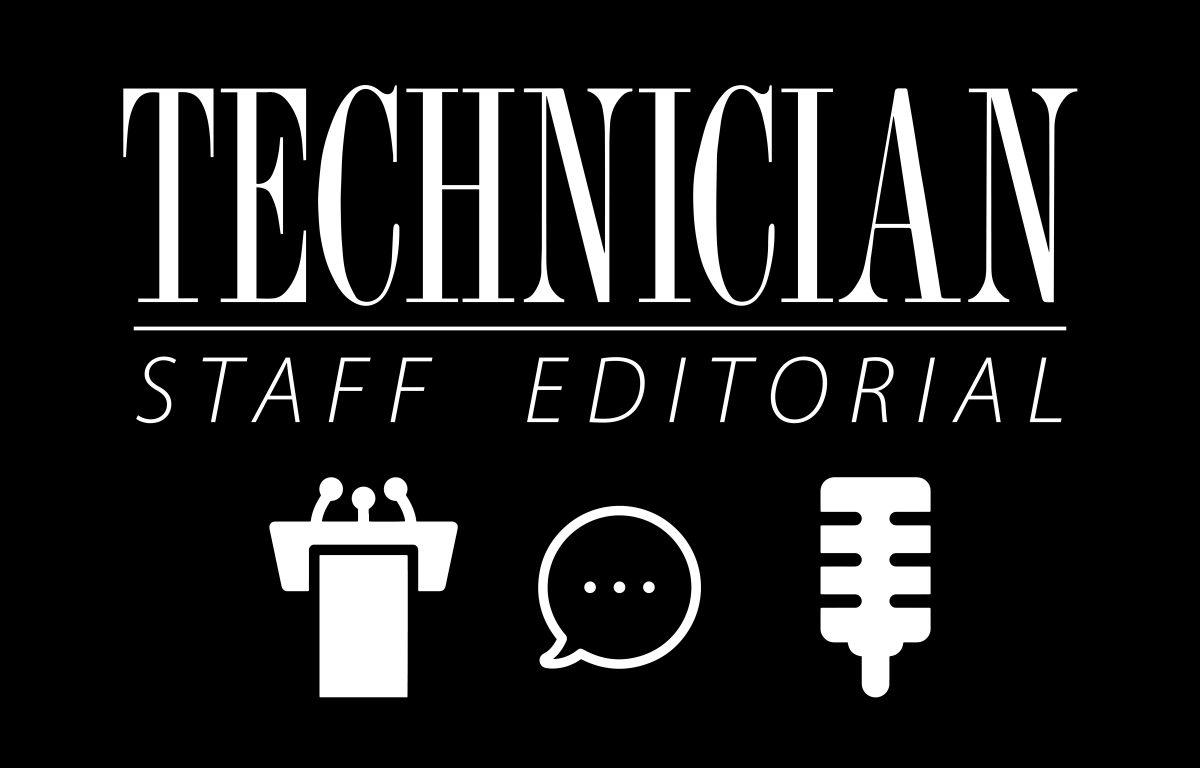The Raleigh Convention Center played host to more than one inconsistency on Monday.
As businessmen and thought leaders gathered at the 28th Emerging Issues Forum to discuss manufacturing’s importance to North Carolina, representatives handed out convertible pens to drive home their point on innovation. These pens transformed into screwdrivers and dazzled our editorial team. That is, until we looked at the label.
The pens were made in China.
One positive effect of the forum was illuminating the modern-day definition of “manufacturing.” Manufacturing is making a comeback in North Carolina, in the form of bio and tech innovation. It’s no longer about assembly lines and factories. Dr. Anthony Atala, chair of the Wake Forest Institute for Regenerative Medicine, exemplifies the critical change that’s coming. He’s making organs that are on a fast-track to mass production in special reactors.
“Up until recently, we were creating organs one at a time, handmade,” Atala said. “The question is how do you scale it up? How do you take it to mass production? That’s what we’re working on right now.”
It’s fascinating stuff. But like the pens, the messages the Forum is sending and the actions the Forum is taking don’t line up. Perhaps that’s because the Forum is neither saying nor doing anything we haven’t heard before.
Keynote speakers endlessly circled issues such as “streamlining regulation,” “changing the business climate,” “territorial tax” and “efficiency.” It seemed as if this Forum existed as a dumping pool for buzzwords as opposed to an actual discussion.
The Forum brought up training and inspiring youth to make a difference in manufacturing. We will inherit these “emerging issues,” and including students in the discussion is smart. But there weren’t enough students, and the ones who were obligated to be there don’t count.
We applaud the efforts of the Forum to bring these issues to the discussion table. However, instead of manufacturing pageantry and endless plugs for the James B. Hunt Library, we want tangible economic propositions.
The most nuanced thing we heard, ironically, came from the dean of the College of Humanities and Social Sciences, Jeffery Braden, who said the rising tide of a better economy floats all boats, but the crux of success is when we all benefit from a better economy and job market. Not just industries.
Braden’s point is that manufacturing should benefit everyone — not the 1 percent CEOs, such as Dow Chemical Co. CEO Andrew Liveris, who proclaimed that “widespread wealth” was one change manufacturing would bring to North Carolina. But just how widespread is his own $16.3 million paycheck, according to Business Insider in 2010? Instead of sitting in stock options, we think that it would be better spent on things such as education.
And Liveris mentioned the need for more education. Instead of stopping at that, he could have proposed an actual solution, such as monetary incentives funded by his company to students who seek some type of education in manufacturing work. Though we do not agree with him, Gov. McCrory is at least — in his eyes — attempting to get our “butts” some jobs.
The entire day felt choreographed. There was a call to action, but the call was foggy. The individual talks were sustentative, but the Forum as a whole was not.
The lengthy Forum consisted of talking heads uttering praise for and interest in manufacturing in North Carolina one moment, while handing out pens made in China the next.




